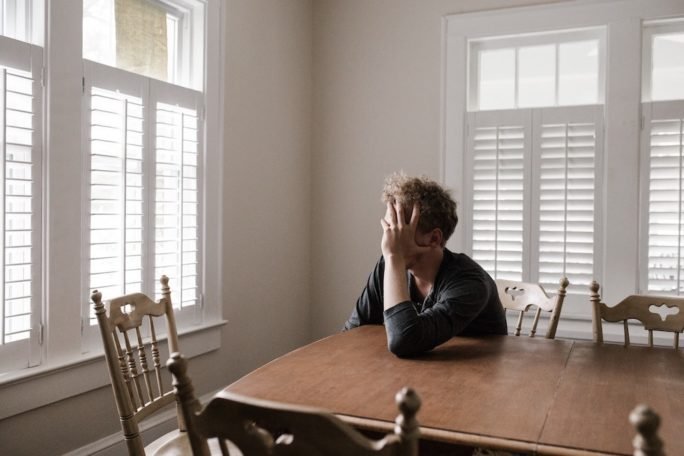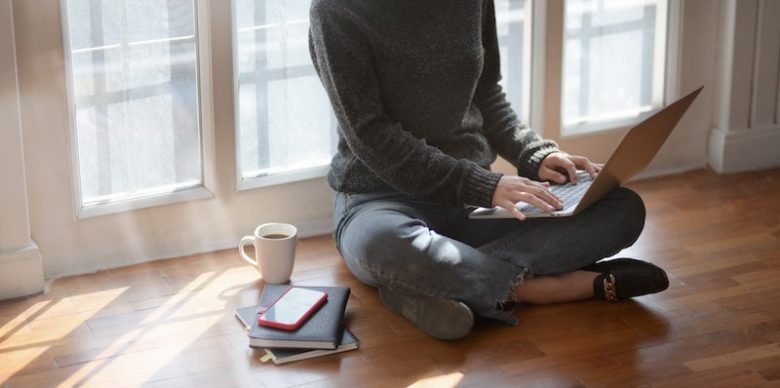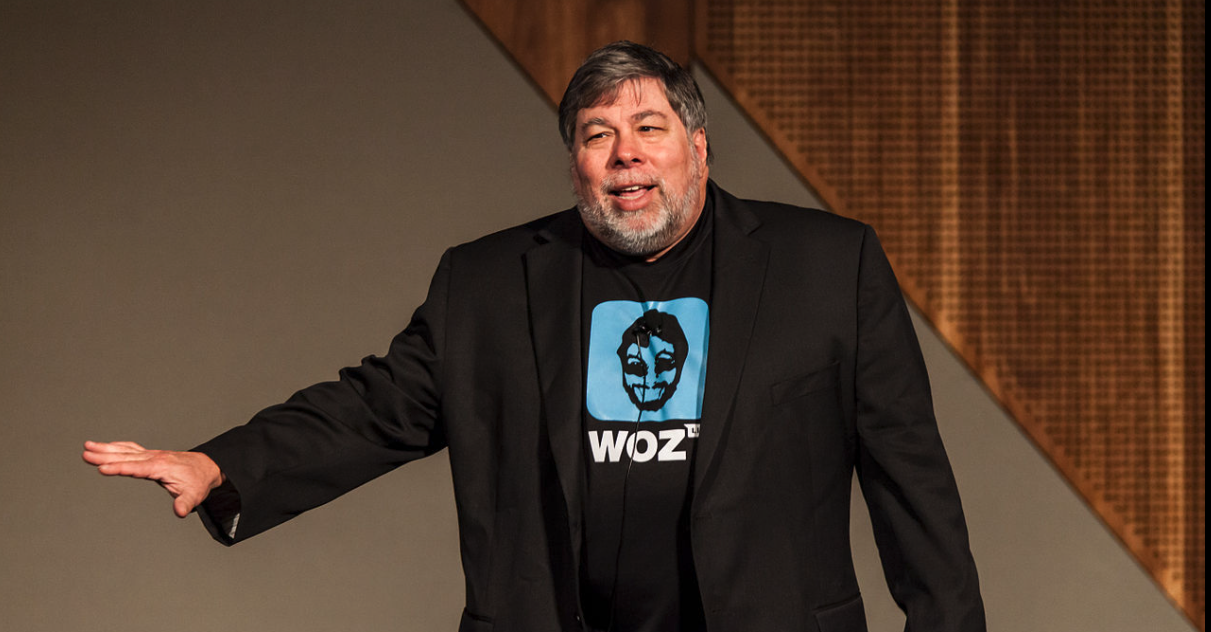In many ways, our lives have become simpler, more reduced versions of what we have previously led. We are not having to deal with traffic, after school activities, hectic social obligations, or numerous face-to-face interactions. Yet this period has been surprisingly emotionally exhausting, and it isn’t the sort of tiredness that a good night’s sleep seems to cure.

Understandably, there have been many reasons for feeling drained lately. Factors at play include:
Worry – we are more worried about our families and ourselves in terms of physical safety, and concerned about how to be seen to do a good job under new circumstances, in the midst of an economic recession.
Decision making – Decisions we did without thinking suddenly are consuming, whether to go to the shops or not, whether to order take away, whether to visit grandpa, have all become that much bigger.
Boundaries – how do you ensure good limits to the day? If you have hung out some washing and cleaned the bathroom as a “break”, do you owe your employer work until 8 pm to make up for it? Do you think you should be at your desk at all hours, now that there is no “going home time”? Or have you been asked to work ‘flexible’ hours which aren’t so flexible for you? Are your views on this and that of your colleagues or boss different? Those differences can in themselves be stressful.

Skill-building – in many industries, working online was brand new. Many teachers and counsellors have been entirely used to face-to-face appointments. In order to provide services, we had to become flexible and well equipped with skills and resources to do our normal jobs a new way. That means a period of “learn on the run” which can be stressful.

Cerebral rather than physical – there is a lot demanded of us in the online environment on a head level. It can be very sedentary, and your usual form of exercise might be unavailable to you. You might need to cut back, and so have deferred your gym membership, or have simply been too busy. This means that we feel mentality drained but our bodies are underutilised which makes us feel sluggish and anxious.

Relationships – lack of contact and external stimulation can intensify and magnify your personal relationships. Rumination and anxiety are very exhausting and can be relentless. Being is close proximity with your partner might have put a strain on your relationship which inevitably will cause anxiety.
Starting to step up to the life you used to lead can be extremely daunting as well as a relief. Taking back some sense of control can be key to reducing the “noise” in your head. Here are some tips to help you get back on track:

- Review your learnings and keep your new habits – what do you want to preserve from your time in lockdown, and what are you looking forward to putting behind you? Acknowledging your gratitude for the simple things in life like quality time with family or spending more time outdoors is a great way to help you continue your new habits.
- Maintain boundaries – we are highly adaptive beings and will read our cues from others. Make yourself less available; others will cope. Consciously determine what is a good work day and start to work within it.
- Keep a routine – if you have been staying up later, having an extra glass of wine, working too late and then being unable to sleep, then this will hugely influence your sense of fatigue.
- Corral your worries – if you find yourself ruminating, call a wise friend or a counsellor and let the anxious thoughts reach a doable conclusion. Make some good, practical decisions you can live with and let yourself rest.
- Invest in your relationships – if you find that your relationship is troubled, that might be true if there is a history to that, or it might be that you have not seen each other at your best during the COVID-19 pandemic. Fights may have escalated to worrying degrees, or you might be feeling lonelier within your relationships, or miss people no longer in your life. It is worth having a good sounding board to work these matters through and decide what needs to be done.
Relationships Australia NSW provides services and resources to individuals, couples and families who are seeking support to navigate challenges such as relationship breakdown, mental health, divorce and domestic violence. To make an appointment with a professional counsellor, please call 1300 364 277 or visit: relationshipsnsw.org.au
Elisabeth Shaw is CEO of Relationships Australia NSW and a clinical and counselling psychologist specialising in couple and family work.















